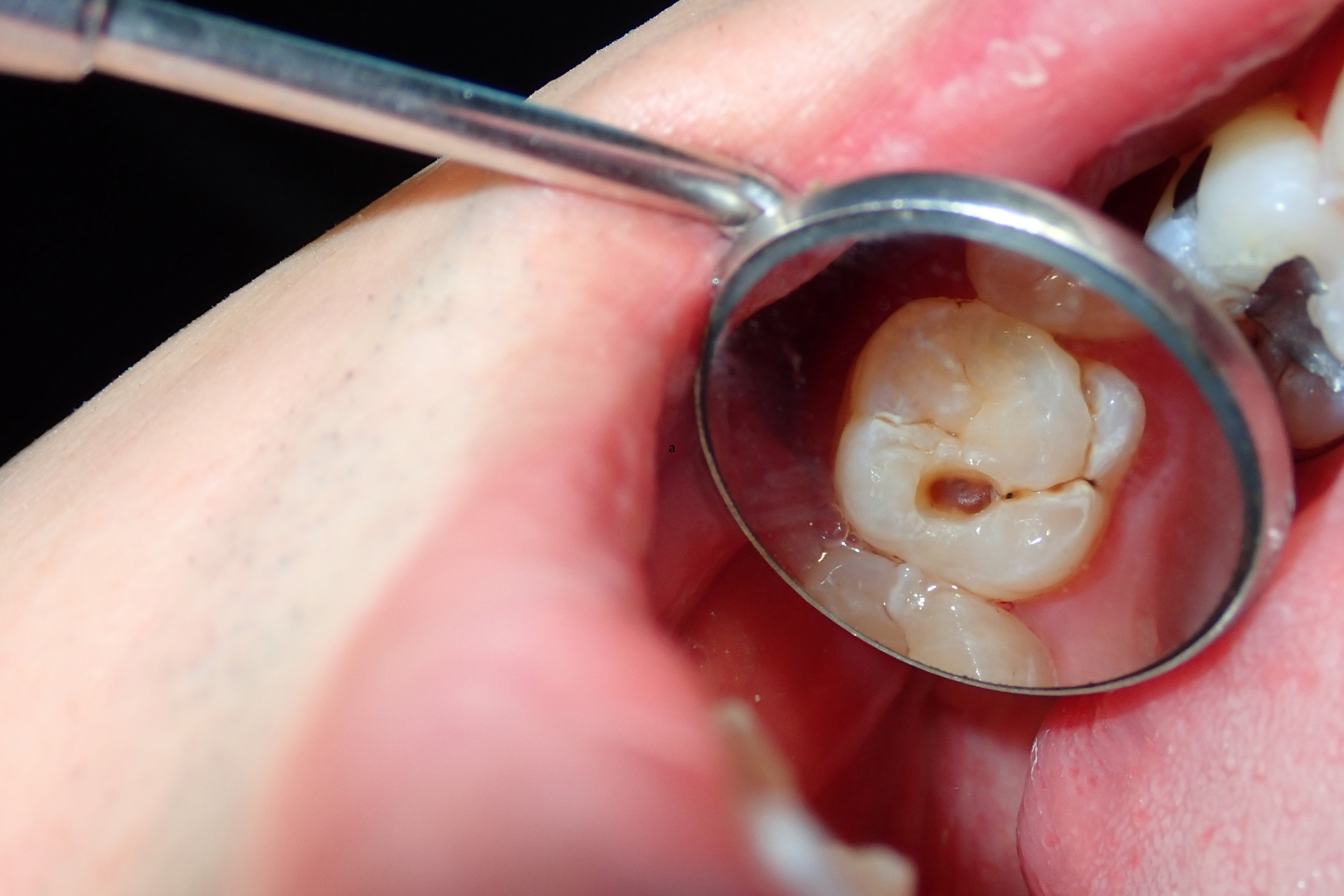Understanding the root of your toothache is the first step towards finding permanent relief, and that’s what we’re about to do.

The throbbing, relentless pain in your tooth has left you feeling desperate. You hope it would just go away but it has only increased. Understanding the root of your toothache is the first step towards finding permanent relief, and that’s what we’re about to do. We'll explore the common causes of severe tooth pain or toothaches and provide practical steps you can take to manage your discomfort.
We’ve all experienced toothaches at some point. Yet, not all toothaches are equal. Different types of pain indicate different causes. For example, pain from extreme temperatures is usually due to erosion of a tooth’s enamel where the tooth’s sensitive dentin is exposed to direct heat or cold. Other kinds of pain could be related to the build up of bacteria due to cavities or cracked teeth. There are generally six types of pain that people experience:
Having a toothache can feel like a real inconvenience to your plans for the day or week. However, by the time you experience such pain, it usually means the issue is critical. Try not to ignore it or suppress it with painkillers at home. Instead seek help from a dentist as soon as you’re able to.

Toothaches can seem like a real mystery, because you probably didn’t do anything to cause it. To help with the sleuthing, we’ve compiled a list of common causes of toothaches. See if you relate to any of these suspects:
A dental infection usually happens if cavities or gum issues go untreated for too long. The infection can create a painful, throbbing abscess that can make your whole face feel swollen and sometimes even brings along a fever.
Gum disease – also known as gingivitis, starts off quietly, with your gums becoming red and swollen. If left untreated, it can progress to periodontitis. This more severe form of gum disease damages the soft tissue around your teeth, leading to pain and even tooth loss as the supporting structures of your teeth deteriorate.
Plaque is that sticky film you feel on your teeth when you haven’t brushed in a while. It's full of bacteria that can cause cavities and gum disease. If not removed by regular brushing and flossing, plaque hardens into tartar, leading to further dental issues.
Dental decay, or cavities, are like tiny potholes in your teeth. They start small but can get larger if untreated. When decay reaches the nerve, it causes sharp pain, especially when you eat something sweet or cold.
Dental injuries can occur unexpectedly, like biting down on a hard object or experiencing trauma to the face. These injuries can crack or chip your teeth, causing immediate pain and increased sensitivity.
Cracked teeth can result from biting down on hard foods or grinding your teeth. These cracks can expose the inner tissues of the tooth, leading to sharp pain, especially when chewing or exposed to temperature changes.
Fillings or crowns that aren't fitted properly will naturally feel uncomfortable and sometimes even a little painful. An ill-fitting crown means room for bacteria to grow underneath, which would eventually lead to a painful infection.
Over time, fillings or crowns can wear down, crack, or leak, allowing bacteria to enter and cause decay underneath. This can lead to an infection where you’ll feel pain in the affected tooth.
Losing a tooth, whether due to trauma, extraction, or disease, can cause pain in the surrounding teeth and gums. The extraction site can be particularly sensitive and painful during the healing process.
TMJ disorders affect the jaw joint and surrounding muscles, causing pain that can radiate to the teeth and face. Symptoms often include jaw pain, headaches, and difficulty chewing.
Obstructive sleep apnea can cause teeth grinding at night, leading to tooth pain and jaw discomfort. This condition often requires treatment to prevent further dental damage and alleviate pain.
If a toothache feels unbearable, it probably means you should be making your way to the dentist as soon as possible. In the meantime, these short term methods provide temporary pain relief:
Applying a Cold Compress
Hold an ice pack or cold compress to your cheek near the painful area for 15–20 minutes. This helps numb the pain and reduce swelling by slowing down nerve signals.
Pain Killers
Over-the-counter options like ibuprofen or acetaminophen can ease inflammation and block pain. Always follow the dosage instructions and check for allergies.
Rinsing with Warm Saltwater
Gently swishing a saltwater solution helps clean the area and temporarily ease pain and inflammation around the tooth.
Sleeping in an Elevated Position
Propping your head up can reduce blood flow to the affected area, helping to lessen pressure and discomfort while you rest.
Using Topical Medication
Apply a small amount of numbing gel with benzocaine directly to the sore area. It works by dulling nerve signals and easing the intensity of tooth pain.

A toothache can occur at the most inconvenient times – just before an important meeting at work or when its 3am in the morning. Understandably, anyone in these circumstances would wonder how long they can put a dental visit off. In times like these, painkillers and other temporary relief methods are helpful. Do what you need to and keep monitoring your toothache for over 24 hours. If your toothache persists past 24 hours and you experience the following, it’s time to prioritise your health and schedule an appointment with a dentist immediately.
Addressing the issue early prevents further complications and saves you money on more extensive dental procedures down the line. Your teeth deserve the best care, and so do you!
Tooth pain can be caused by various factors such as dental decay (cavities), gum disease, infection, or tooth fractures.
If your tooth pain is unbearable and persistent, accompanied by fever or swelling, it could indicate a serious underlying issue that requires prompt dental attention.
Mild tooth pain might temporarily improve on its own, especially if it's due to minor temperature sensitivity. However, persistent or worsening pain typically indicates an underlying problem that needs professional treatment.
Common home remedies include applying ice packs, rinsing with warm saltwater, using over-the-counter pain relievers, and applying numbing gels.
It's not uncommon to experience mild discomfort or sensitivity after a dental procedure like fillings or root canals. However, persistent or severe pain should be reported to your dentist.
Dentists diagnose tooth pain through a combination of patient history, clinical examination, X-rays or other imaging tests, and sometimes diagnostic procedures like pulp vitality tests or periodontal probing.
Yes, tooth pain can sometimes indicate underlying health issues such as sinus infections, heart disease, or diabetes. It's essential to have persistent or unusual tooth pain evaluated by a dentist.
While travelling, if you experience tooth pain, try using over-the-counter pain relievers, rinsing with saltwater, and applying cold compresses. Seek dental care as soon as possible at your destination if pain persists.
Prevent tooth pain by practising good oral hygiene, including brushing and flossing daily, using fluoride toothpaste, avoiding sugary foods and drinks, and visiting your dentist regularly for check-ups and cleanings.
You should see a dentist promptly if you have persistent or severe tooth pain for more than 24 hours, or if you have pain accompanied by swelling or fever.